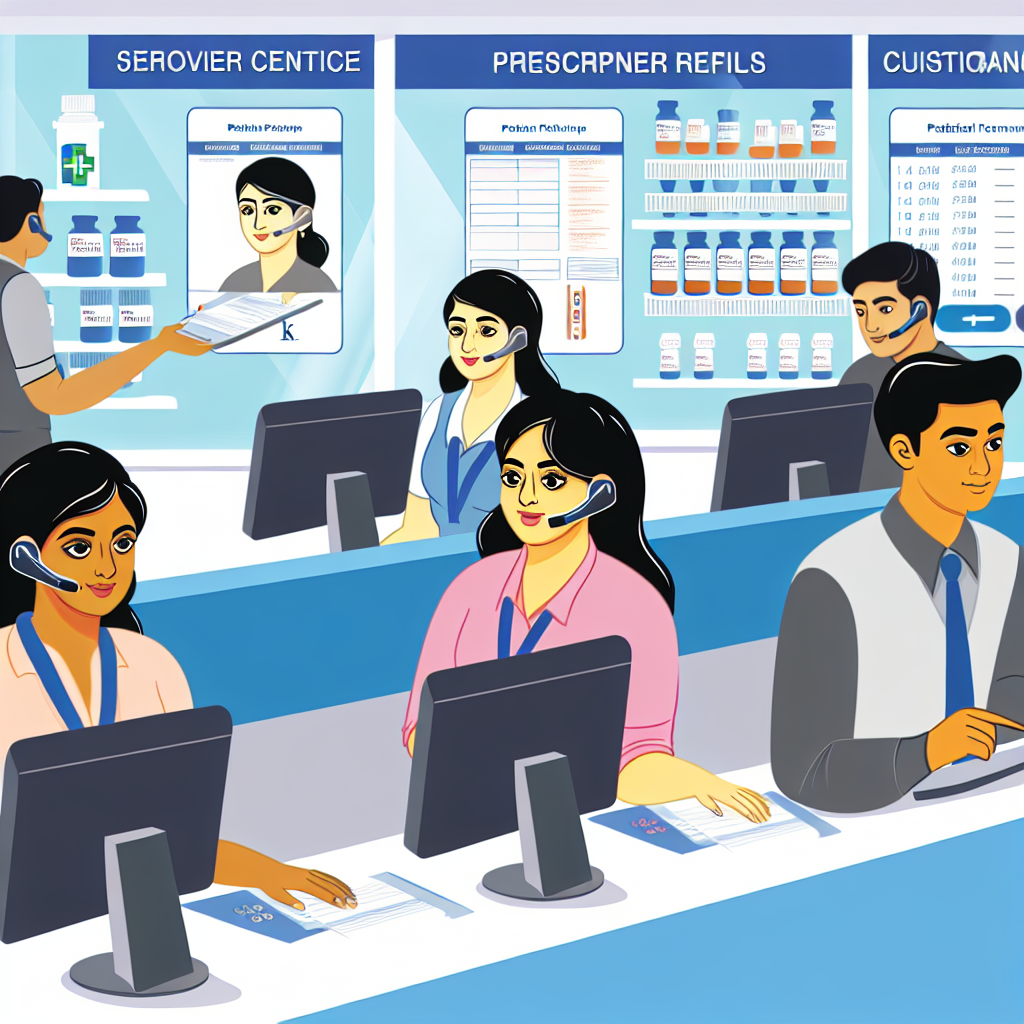Introduction
In the ever-evolving field of pharmaceuticals, leveraging artificial intelligence (AI) for customer communication can significantly enhance patient care and operational efficiency. AI technologies offer innovative solutions that streamline various aspects of pharmacy interactions, such as prescription refills, disseminating drug information, and conducting patient follow-ups. This article delves into the most effective usage cases of AI in customer communication within the pharmaceutical sector.
Prescription Refills
One of the most prominent applications of AI in pharmacy is the automation of prescription refill requests. Through AI-powered chatbots and virtual assistants, patients can easily initiate refill requests without the need for waiting on hold or navigating complex phone systems. These systems can also integrate with electronic health records (EHR), providing real-time access to patient medication history. Moreover, AI can send automated reminders to patients about upcoming refills, improving medication adherence and fostering a proactive healthcare environment.
Drug Information
Providing accurate and timely drug information is crucial in the pharmaceutical industry to ensure patient safety. AI chatbots can efficiently handle inquiries regarding drug interactions, side effects, and proper usage instructions. They can deliver personalized responses based on individual patient profiles and medical histories. As a result, patients enjoy more accessible and immediate access to important drug information, which can enhance their understanding and compliance. This immediate outreach can mitigate potential health risks due to misinformation or lack of information.
Patient Follow-ups
AI-driven systems can also play a significant role in patient follow-ups. Automated messages or calls can be utilized to check on patients after they start a new medication or undergo a treatment plan. These communications can assess effectiveness, address side effects, and gauge overall satisfaction with the prescribed therapy. By employing such methods, healthcare providers can foster a better patient relationship and ensure continuous monitoring, thus enhancing the overall quality of care.
Conclusion
In conclusion, the implementation of AI in customer communication presents transformative opportunities within the pharmaceutical sector. By focusing on critical areas such as prescription refills, drug information dissemination, and patient follow-ups, AI not only optimizes efficiency but also augments patient engagement and satisfaction. As technology continues to advance, embracing these innovative solutions will be paramount in delivering superior healthcare services and fostering health literacy among patients.

